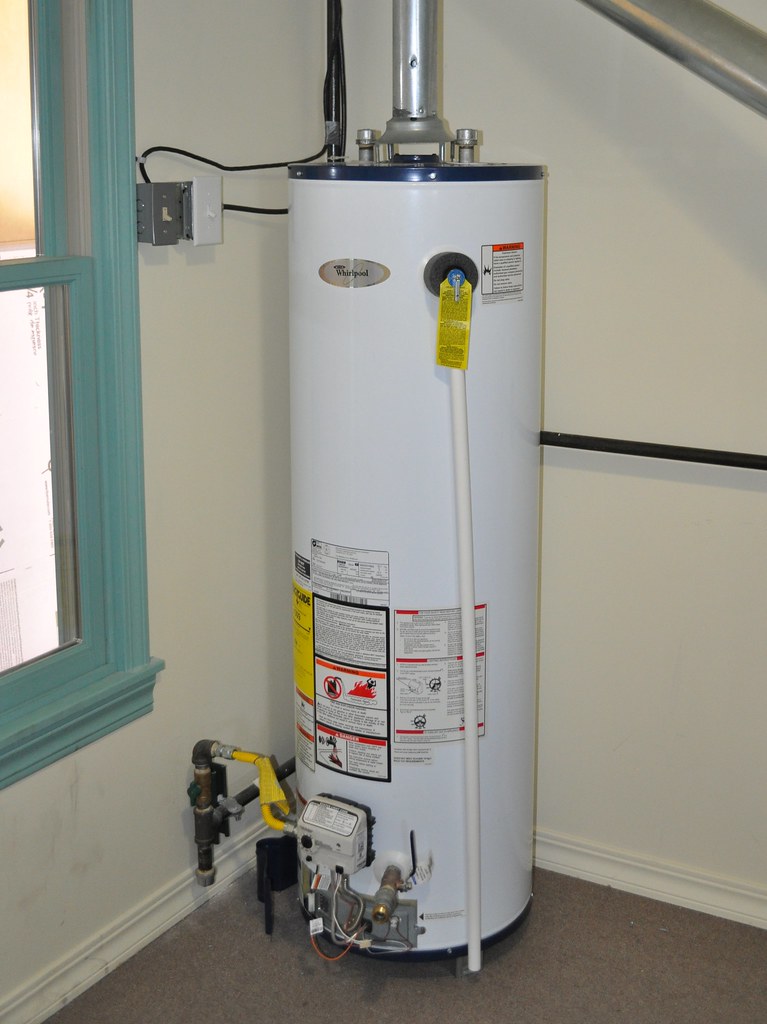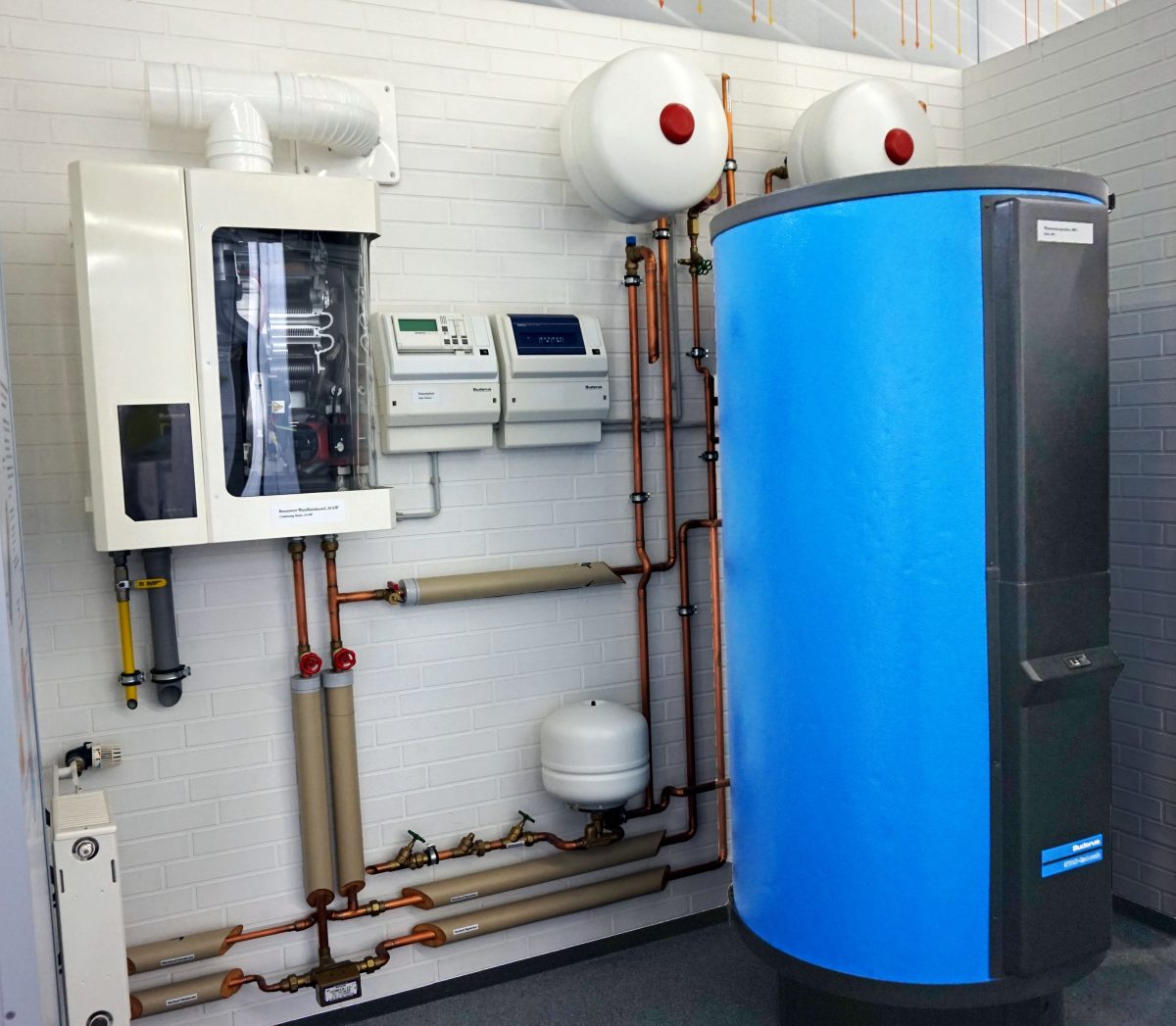When Do You Know It Is Time to Change Your Heater?
The most common reasons for changing a heater are the fatal failure of one of its structural or main components and corrosion caused by aging.
Then come frost, which causes the hydraulic circuits to burst, or any other accident that would be impossible or too expensive to repair. In this post, we will be looking closely at all the elements pointing to the irremediable fact that it is now high time for you to change that old heater.
Change of heater in an emergency
A heater usually breaks down in the middle of winter. It is thus necessary to react quickly, in front of this fatality where the discomfort is then maximum, often without domestic hot water:
– Professionals are often overloaded with work; suppliers announce longer delays, and the precariousness settles for an indefinite time because the temporary heating is approximate and very expensive.
– The solutions are always shaky because the temptation is great, in these painful moments, to trust the first installer who finds the time to make an estimate and agrees to intervene as soon as possible.
– The price is exorbitant, but there is not enough time to wait for feedback from competitors that would allow for effective negotiation! There is no time to consider the merits of an evolution towards a more efficient or ecological system.
All in all, replacing a heater in a hurry is most often a bad deal that you should avoid. Especially since this kind of event rarely occurs without warning signs that allow us to anticipate.
It is often instructive to make a periodic examination of your heater and the objective analysis of the consistency of its heating system. Scheduled maintenance intervention is an excellent opportunity to discuss it calmly with your heating engineer.
Signs of heater fatigue
The average lifespan of a heater is 15 years. As it approaches this age:
– Small breakdowns become more frequent, then their severity increases.
– The burner switches on more often: the heat output decreases.
– Black marks appear near the doors or movable panels. Air leaks are caused by wear: combustion is incomplete.
– Water is oozing out, or too much steam is escaping with the fumes: the sealing is imperfect, the calorific efficiency decreases.
– Pieces of glass wool are deposited in the heater room: the insulation of the heating body and the sanitary water tank are defective, perhaps attacked by rodents.
The accumulation of these factors is often accompanied by frantic increases in maintenance and fuel bills. It’s time to get serious about replacing the heater.
Posing the right questions before changing a heater

What has changed since you installed the heater?
You may have done insulation work, and the living space may have changed. In these cases, the heater may now be oversized. It is recommended to make the thermal balance of the building to remove any doubt.
Note: going from 20kw to 15 kW can reduce the investment by 15%.
How to choose the right heater?
Over the last decade, equipment and installations have evolved considerably. They are more energy and pollution-efficient.
Efficiencies that were once below 85% can now exceed 100%. This is the case in particular for:
– condensation heaters;
– Hybrid heaters;
– eco-generators and heat pumps.
Good to know: this equipment can reduce your energy bills by more than 50%.
Which energy to choose?
Traditional energies are still available, and their advantages and disadvantages are widely known.
At the same time, fuels such as wood pellets are now on the market. For relative comfort, they are cheaper and more environmentally friendly energy.
Heater: finding the best comfort/price ratio
The procedures for choosing and negotiating are unchanging:
– choose a favorable period for the work, from June to October, for example;
– select the energy best suited to your specific needs: volume to be heated, level of automation, storage possibilities, operating costs, etc.:
– get quotes for several technological options: conventional, condensing, or other innovative heaters, coupled with solar panels or a heat pump, electronic regulation, etc.:
– Identify and estimate the maintenance costs for each system;
– Compete with several installers, taking care to obtain comparable offers in terms of quality, reliability, and service.
It is terrific to see prices ranging from simple to double for comparable installations with the same equipment brand!
Hope this post has provided you enough information to decide whether it is time to change your heater or not. Remember to share your thoughts in the comments below.
Read more:
How to Maintain Your Water Heater;
How to Choose a Propane Gas Water Heater;


One reply on “When Do You Know It Is Time to Change Your Heater”
[…] When Do You Know It Is Time to Change Your Heater […]